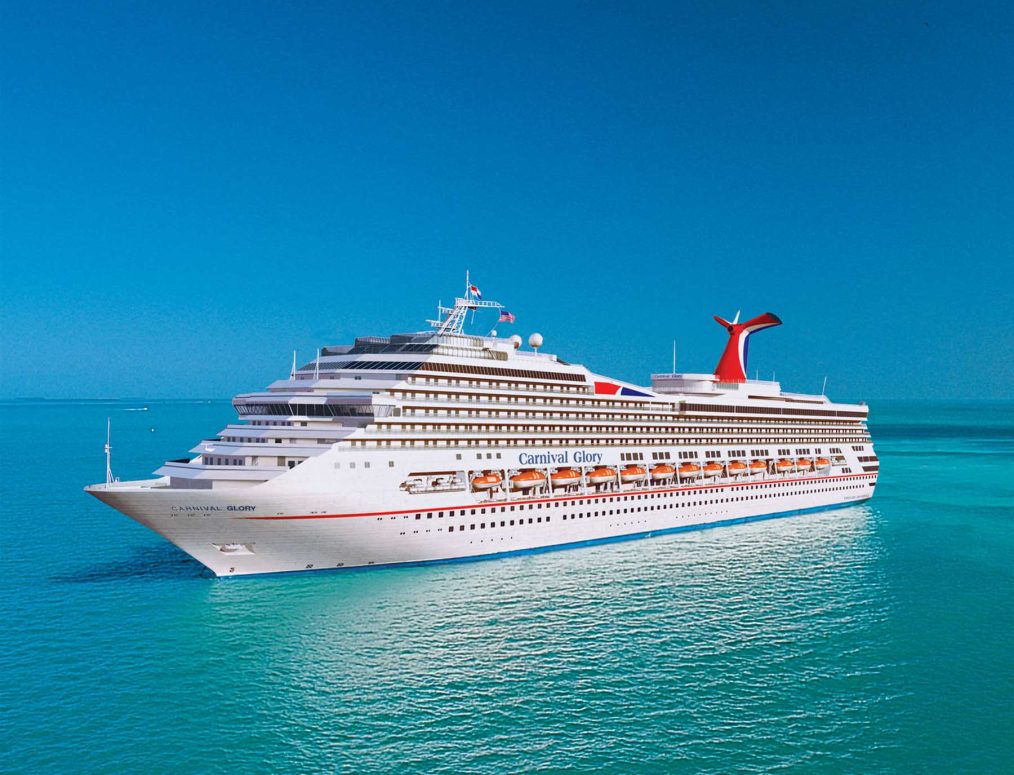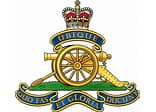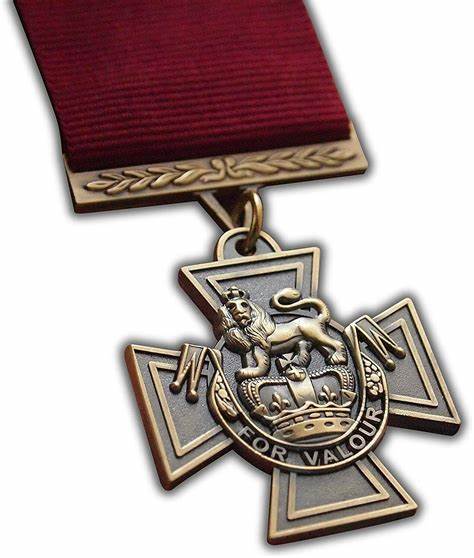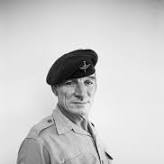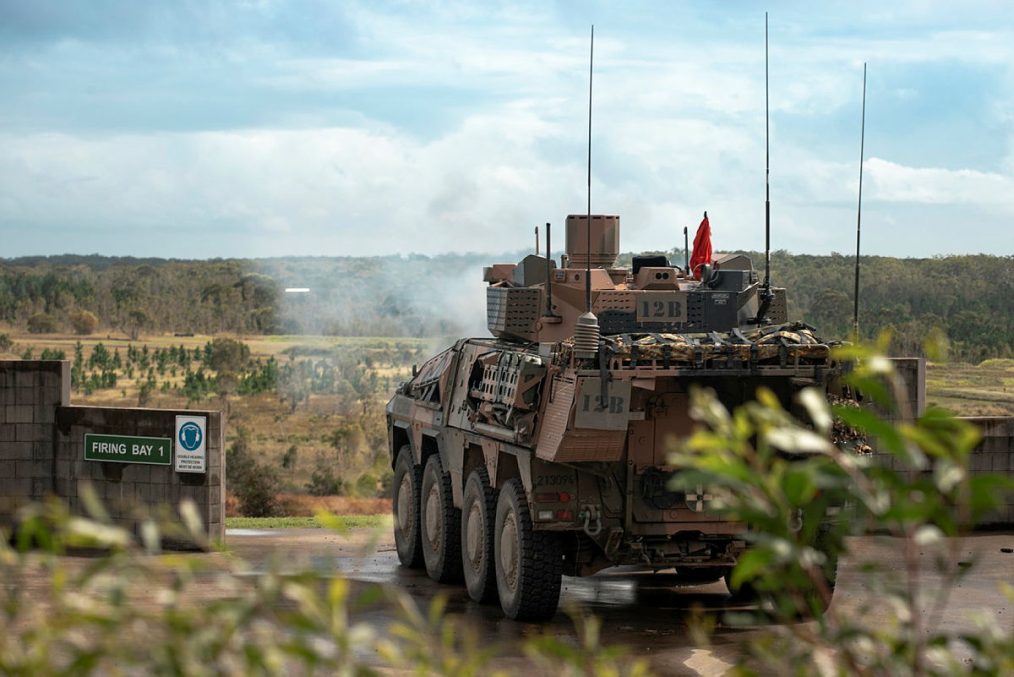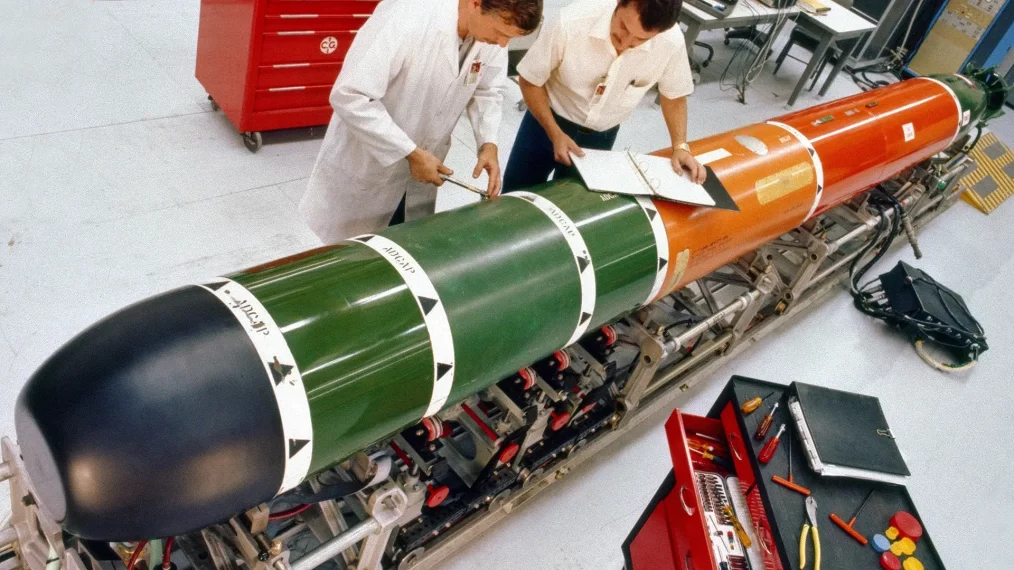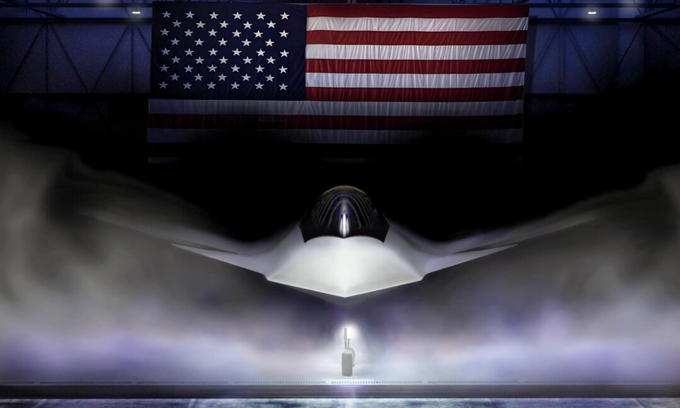ED: This is a lengthy read, but I believe you’ll find it very interesting—especially if you suspect we’re being misled about climate change and its natural causes.
Spectator Australia – Ian Plimer 22 March 2025 9:00 am
Someone has to do reading of the latest science for Speccie readers. This task has fallen to me, on the condition that when I meet readers they buy me fluids manufactured by releasing carbon dioxide to the atmosphere from fermentation.
Each year the UK’s Global Warming Policy Foundation publishes a scientific report on the state of the climate. For those with a short attention span wanting to move on to the next article, before you leave you need to sit down, take a deep breath, have a drink at hand and read the final conclusion for the 88-page 2024 report by Professor Ole Humlum: ‘Observations confirm the normal overall variability of average meteorological and oceanographic conditions, and do not support the notion of an ongoing climate crisis.’ Throw that drink down, pour another and celebrate that there is no climate crisis, climate catastrophe or, in fact, anything to worry about at all. We have been conned for decades but I’m not telling you something you didn’t already know.
Land air temperatures in 2024 were the highest on record for the instrumental era (since 1979). However, proxies show that it was warmer in the Minoan, Roman and medieval warmings and in the previous interglacial. Over geological time, it has been warmer and wetter with higher sea levels than at present. Kilometre-thick ice sheets were at sea level at the Equator when atmospheric carbon dioxide was hundreds of times the current level. The past does not change just because it is not in accord with ideology.
Since 1979, lower troposphere temperatures have increased over both land and oceans but mostly over land. This could be due to solar insolation as well as changes in heat capacity, variations in incoming solar radiation, cloud cover, urbanisation and land use.
The so-called global warming experienced since 1980 was a Northern Hemisphere phenomenon with two step changes 1994-1999 and 2015-2016 influenced respectively by the Mount Pinatubo eruption and an El Niño episode. The temperature effects of the strong equatorial El Niños of 1997 and 2015-16 had a delayed spread to higher latitudes in both hemispheres. This delay is expected for the 2023-2024 El Niño event although the step change has yet been detected for this El Niño event. The increase in air temperature was mainly seen in the Northern Hemisphere. Major heat exchanges take place in warm El Niño and cold La Niña events. Major heat exchanges take place between the Pacific Ocean and the overlying atmosphere and appear later in the global air temperature record. This does not reflect changes in the total heat content of the atmosphere-ocean system which one would expect from global warming. Global heat changes can be small and reflect redistribution of energy between ocean and atmosphere.
Arctic air temperatures have increased during the satellite era in regions affected by the North Atlantic Current but Antarctic temperatures remain essentially stable.
Since 2004, the upper 1,900 metres of the oceans have globally warmed by 0.037 degree Celsius. The maximum net warming (about 0.2 degrees Celsius) affects the uppermost 100 metres of the oceans, and mainly in regions near the Equator where the highest amount of solar radiation is received. The equatorial oceans showed a slight cooling at 300-500m depth. Warming is clearly related to the Sun and could not be from carbon dioxide which is evenly mixed in the atmosphere. The northern oceans have experienced cooling down to 1,400 metres and a slight warming deeper whereas the southern oceans have experienced some warming above 1,900 metres, especially at the surface. The surface of the Atlantic has heated more than the Pacific surface which shows a strong 3.6-year and weaker 11.7-year cycle of heating and cooling. Solar infrared radiation heats the top 0.1 millimetres of the oceans and ultraviolet and light radiation penetrates to 100-200 metres. Oceanic heating in the uppermost 100-150 metres is a solar process although there may be some heating at depth from submarine volcanicity. Ocean temperature is driven by currents and the Sun and not carbon dioxide.
The surface temperature records are a blend of sea-surface data, collected by moving ships or by other means, and data from land stations, of partly unknown quality and unknown representativeness for their region. Many of the land stations have also been moved, instrumentation has been changed, and most have been influenced by constant changes in their surroundings such as vegetation and buildings. There is also evidence that primary temperature measurements are ‘adjusted’, a cardinal sin in science.
The satellite temperature records have technical problems which can be rectified. Temperature measurement by satellites is more regular and complete on a global basis than for the surface records. The temperature sensors on satellites measure directly using emitted radiation whereas most modern surface temperature measurements are indirect and use electronic resistance. All temperature measurements have a number of sources of error.
Satellite measurements show sea level globally increased 3.7 millimetres per year but only 1 to 2 millimetres per year according to coastal tide gauges. Local and regional sea level changed frequently with a large deviation from the global average sea-level change. This is expected as there are local and regional changes in land levels and we are in a post-Little Ice Age time within an interglacial and there are active neotectonics. The tide gauge measurements do not indicate any clear modern increase or decrease in sea level and there are recurrent variations.
Sea ice extension globally remained well below the average for the satellite era. Since 2018, global sea-ice extension has remained stable or may even have a small increase. Snow cover has globally remained stable throughout the satellite era and with the expected regional and seasonal variations. Global snow cover variation is mainly caused by changes in the land-dominated Northern Hemisphere. The Southern Hemisphere snow-cover extent is controlled by the size of the Antarctic ice sheet and hence is relatively stable.
Precipitation globally varies from more than 3,000 millimetres per year in humid regions to almost nothing in desert regions. Regional annual variations can be plus or minus 30 millimetres per year. Global annual precipitation was high in 1956, 1973 and 2010 and low in 1941, 1965, 1987 and 1992. The global average precipitation undergoes annual and decadal variations and since 1901 there is no trend to wetter or drier conditions with stability over the observation period.
Storms and hurricanes display variable frequency over time, but without any clear trend globally. There were global cycles of 33, 11.5 and 3.6 years for accumulated cyclone energy. There were 61.5 and 5.6- year cycles in the Atlantic Basin for accumulated cyclone energy.
What can we conclude? The planet is dynamic and there are constant changes mainly due to changes in the oceans. Very slight warming and cooling are not global and the measurement record is poor. The ocean-atmosphere heat and water exchanges are driven by the Sun and climate on all scales is cyclical. An unequivocal anthropogenic influence on climate has not been detected.
We need to get out of Paris and get on with life.

